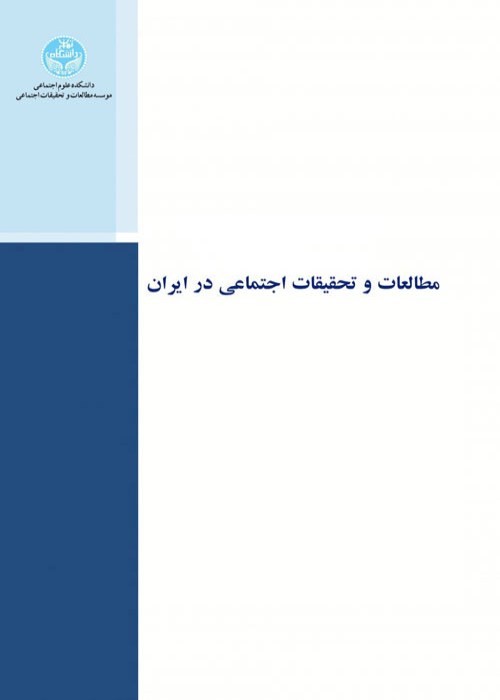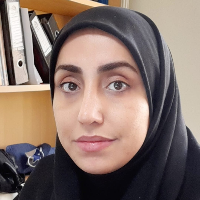Reversed Orientalism of Child Rights: Emphasizing Iranian-Islamic Child Rights
Author(s):
Article Type:
Research/Original Article (دارای رتبه معتبر)
Abstract:
Introduction
The present study, based on the resistance discourse of inverted Orientalism, seeks to provide an understanding of the indigenous conditions of Iranian society in relation to the rights of the child. The purpose of this study is to compare the rights of the child in six different areas: "1) Laws and regulations in Iran; 2) Internal policies in three areas of governance, government and bureaucracy; 3) Iranian civil society; 4) Policies of the international community (international); 5) The religion of Islam; 6) Policies of the Islamic world as the main areas of determining the nature of children's rights. This comparison is to identify and extract the advantages and strengths of children's rights in Islam over other areas of children's rights. The questions of the present study are "Similarities and general differences in the rights of the child in the six different areas of law and regulation in Iran; Internal policies in three areas of governance, government and bureaucracy; Iranian civil society; Policies of the international community (international); The religion of Islam; the policies of the Islamic world; and " the positive points and advantages of children's rights in Islam over other areas". Method
By exploratory analysis, the six domestic and foreign areas that are the basis of the definition of children's rights in Iran are based on Iranian laws and regulations; Internal policies in three areas of governance, government and bureaucracy; Iranian civil society; Policies of the International Community (International); and The religion of Islam. According to the foundation, we have identified the policies of the Islamic world and then analyzed them with the method of qualitative content analysis.Results and discussion
Due to its traditional and Islamic conditions, Iranian society considers the child within the family and under the guardianship of parents or guardians to support the child with the priority of collective interests in the family and society. According to this principle, the child has the right to life in the family, even if it is not more than fertilization. The observance of this right is something beyond generation and beyond history, which includes previous generations. The child has the right to independence, non-colonialism and non-sanction in a larger or more structured community such as society.Conclusion
Children of Islamic societies, including Iran, need the rights that are not considered by the central societies like the Convention on the Rights of the Child as the dominant global sources, as if the rights of the child presented in global sources, separate reading and miles. It is far from the social and cultural contexts of the surrounding communities (including Islamic and Iranian). This issue requires the attention and action of the surrounding communities in order to provide an "indigenous structure of child rights."Keywords:
Language:
Persian
Published:
Quarterly of Social Studies and Research in Iran, Volume:9 Issue: 4, 2020
Pages:
967 to 994
magiran.com/p2209773
دانلود و مطالعه متن این مقاله با یکی از روشهای زیر امکان پذیر است:
اشتراک شخصی
با عضویت و پرداخت آنلاین حق اشتراک یکساله به مبلغ 1,390,000ريال میتوانید 70 عنوان مطلب دانلود کنید!
اشتراک سازمانی
به کتابخانه دانشگاه یا محل کار خود پیشنهاد کنید تا اشتراک سازمانی این پایگاه را برای دسترسی نامحدود همه کاربران به متن مطالب تهیه نمایند!
توجه!
- حق عضویت دریافتی صرف حمایت از نشریات عضو و نگهداری، تکمیل و توسعه مگیران میشود.
- پرداخت حق اشتراک و دانلود مقالات اجازه بازنشر آن در سایر رسانههای چاپی و دیجیتال را به کاربر نمیدهد.
In order to view content subscription is required
Personal subscription
Subscribe magiran.com for 70 € euros via PayPal and download 70 articles during a year.
Organization subscription
Please contact us to subscribe your university or library for unlimited access!



